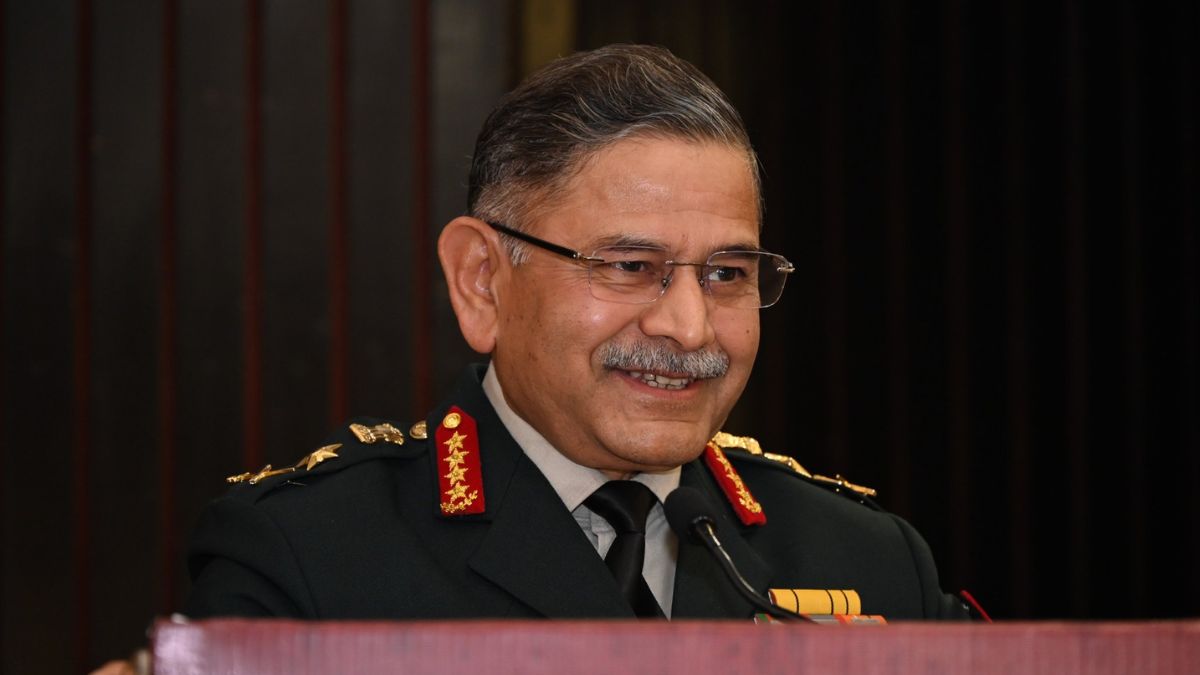Airspace Breach By Russian Aircraft: Estonia 3rd NATO Member To Report ‘Unprecedentedly Brazen’ incursion

A NATO spokesperson called the latest breach "yet another example of reckless Russian behaviour and Nato's ability to respond", and described it as a proof of Moscow’s “reckless” behaviour. Image courtesy: AI-generated image via Sora
Estonia has become the third NATO nation to report an airspace breach by Russia. A few days after Poland and Romania claimed that Russian drones breached their airspace, Estonia too joined the voices, blaming Moscow of violating its airspace with the incursion of 3 supersonic fighter jets.
The country’s Foreign Minister Margus Tsahkna stated that the 3 MiG-31s entered Estonian airspace over the Gulf of Finland in the north for a total of 12 minutes on Friday (September 19, 2025). Informing so, Estonia has asked a consultation with other NATO members on the issue.
According to Estonian PM Kristen Michal stated that the Russian incursion showed its war of aggression in Ukraine was not proceeding as the Kremlin had planned. “The aim is to draw attention and assistance away from Ukraine by forcing NATO countries to focus more on the defence of their own territories.”
Did Russia breach Estonian airspace?
After Poland and Romania, Estonia has accused Russia of breaching its airspace, saying 3 Russian military jets violated its airspace for 12 minutes in an “unprecedentedly brazen” incursion. This comes just over a week after over 20 Russian drones entered Polish airspace.
Russia has, however, denied the claims. The Russian Defence Ministry, in a post on Telegram, stated, “The flight was carried out in strict conformity with international rules governing airspace with no violation of the borders of other states as is confirmed by independent checks.”
“During the flight, the Russian aircraft did not deviate from the agreed flight path and did not violate Estonian airspace.” It further added that the route taken by the fighters from the northwestern Russian region of Karelia “was over neutral waters of the Baltic Sea at a distance of more than 3 km from the island of Vaindloo,” which lies off the Estonian coast.
Russia breaches Estonian airspace: How NATO responded?
A NATO spokesperson called the latest breach “yet another example of reckless Russian behaviour and Nato’s ability to respond”, and described it as a proof of Moscow’s “reckless” behaviour. EU’s top diplomat and a former Estonian PM Kaja Kallas also accused Moscow of an “extremely dangerous provocation”.
European Commission President Ursula von der Leyen said Europe “stands with Estonia” and would “respond to every provocation with determination”. She added that as threats escalate, so will our pressure, calling on the EU’s 27 member states to swiftly approve the bloc’s 19th package of sanctions against Moscow.
Such incidents only show Russian President Vladimir Putin in the negative light, reinforcing claims that the leader doesn’t want peace.
Russia breaching airspaces continuously?
Poland and Romania reported incursions by Russian drones last week, prompting NATO to bolster its eastern defences with additional troops and fighter jets. Poland’s military said it shot down at least 3 drones after 19 were detected crossing into its airspace. Prime Minister Donald Tusk confirmed the incident.
Russia’s defence ministry insisted it had “no plans” to target facilities on Polish soil. Belarus, Moscow’s ally, claimed the drones strayed accidentally due to jamming of their navigation systems.
Days later, Romania’s defence ministry said one Russian drone was tracked by two F-16s during Moscow’s strikes on Ukrainian infrastructure along the Danube River, though the drone later disappeared from radar. Russia has yet to comment. In response, NATO announced a reinforcement of its eastern flank.
Putin doesn’t want peace?
Apparently no, if Britain’s spy chief Richard Moore is to be believed. In his outgoing speech as the head of MI6, Moore said there is “absolutely no evidence” that Russian President Vladimir Putin wants to negotiate peace in Ukraine, accusing him of “stringing us along.” Putin seeks to impose his “imperial will” but has already “bitten off more than he can chew”.
He further accused the Russian President of lying “to the world, to his people, and perhaps even to himself,” adding that the war has only strengthened Ukraine’s national identity, drawn Sweden and Finland into NATO, and accelerated Russia’s decline.







